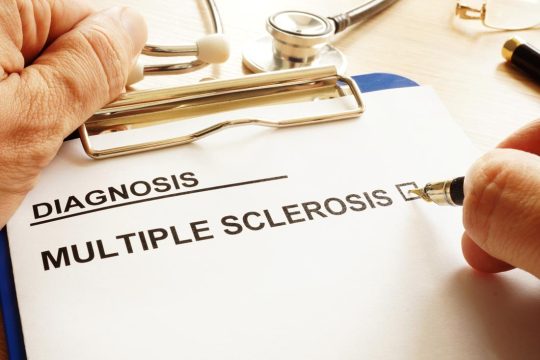Advertisment
World Health Matters: China – Salt and sodium intake remains high in China

by Gary Finnegan: The Chinese population continues to have a high rate of salt intake, fuelling concerns about rising risks of high blood pressure and stroke. The main culprit, according to a new study, appears to be the growing popularity of processed foods.
Dr Yongning Wu of the China National Centre for Food Safety Risk Assessment in Beijing compared salt and sodium consumption in China in 2000 with 2009-2012. The results, were published in JAMA.
The World Health Organization has proposed a 30 percent reduction in salt/sodium intake to reduce risk of hypertension.
In China, hypertension prevalence is rising and salt intake is high (12 g/person/day). However, this estimate derives from 2002, and China’s dietary habits are changing.
Total diet studies were undertaken in 2000 and 2009-2011 in 12 of China’s 31 mainland provinces; eight additional provinces were studied in 2009-2012, expanding geographic coverage; only China’s far west region was not studied.
Total diet studies include weighed food intake and laboratory analysis of prepared foods representing dietary intake. In 2000, 1,080 households participated (n = 3,725); from 2009 to 2012, 1,800 households participated (n = 6,072).
The researchers found that all provinces exceeded the recommended daily maximum intake of salt (5 g/d) and sodium (2 g/d).
“Although salt added during food preparation has decreased over time, total sodium intake has not. These findings update studies using different methodologies in the 1990s and 2002 and confirm that simply weighing dietary salt intake underestimates sodium consumption in China,” the authors write.
“China’s diet is changing and refrigeration is replacing salt for food preservation. High sodium intake persists due to addition of salt and other seasonings during food preparation, and increasing consumption of processed food. Further efforts are needed to limit salt/sodium intake, and regular monitoring is needed to assess progress.”





